Early childhood education (ECE) includes programs and methods aimed at providing complete education to children from birth till they are eight years old. This period is crucial for development and sets the stage for a child’s future learning. ECE emphasises building children’s analytical thinking, along with social, emotional, and physical skills through fun and suitable learning activities. Early childhood educators deploy various techniques and resources to support children’s learning. Activities such as play, storytelling, music, movement, and art are an integral part of this method. They also collaborate with families to create a caring environment that promotes children’s growth and development.
High-quality early childhood education provides several academic and social-emotional advantages that can last a lifetime. When choosing an early childhood education program for your child, seek out those that prioritise a supportive and engaging atmosphere. This allows children to build important skills, explore their creativity, and express themselves while learning to take healthy risks and develop key social, emotional, and academic abilities.
ECE educators have a strong grasp of early childhood development and recognise the vast potential in young learners thereby efficiently driving the program that achieves the above-mentioned developmental outcomes.
Challenges and benefits of early childhood education
Challenges in early childhood education
- Complexity of diverse learning needs
- Resource limitations and accessibility
- Parental involvement and socio-economic factors
A major challenge in early childhood education is the diversity of learning needs among young children. Each child is different, with unique abilities, interests, and ways of developing. Educators must navigate the difficult task of meeting these individual differences in the classroom. They need to adjust their teaching methods to fit various learning styles and ensure that every child gets the support they need.
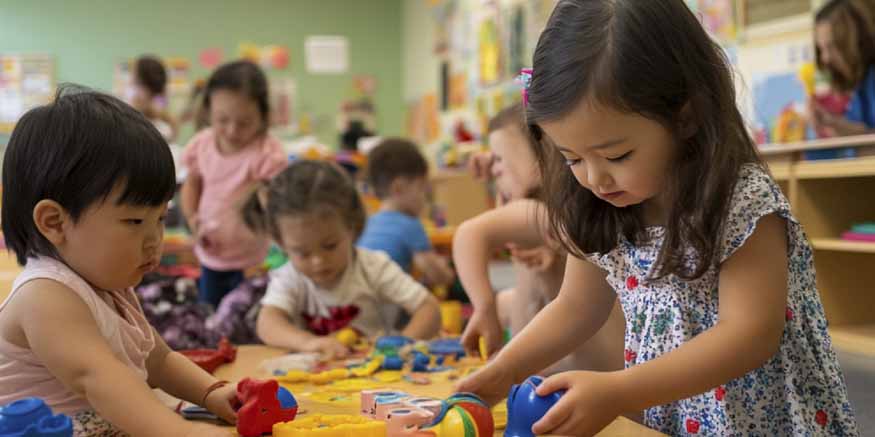
To overcome this challenge, it is important to use a child-focused approach. This means recognising and appreciating each child’s uniqueness and creating an inclusive environment that supports different learning styles. Educators must also be trained and stay updated. This helps in improving their skills and teaching methods to meet the diverse needs of their students.
A major challenge in early childhood education is the lack of resources and accessibility. Having enough supplies and qualified teachers is crucial for providing quality early learning experiences. Sadly, many areas struggle to ensure that all children can access these services equally, leading to educational inequality.
To tackle this problem, it is important to push for more funding from government and local sources for early childhood education. This includes updating facilities, offering ongoing teacher training, and making sure educational materials are available and appropriate for all students. Collaboration between the public and private sectors can help create a more inclusive and accessible early childhood education system.
Parental involvement in education is important, but it can be difficult sometimes. A child’s early education and how much their family participates often depend on socioeconomic factors. Issues like lack of time, financial struggles, or not having enough information can stop parents from being fully engaged in their child’s learning.
To address this issue, schools can create outreach programs to give parents resources and support. Building a strong community network that encourages communication and teamwork between teachers and parents can help close the gap. By understanding the different needs of families and providing flexible ways to get involved, parents can be more active in their children’s early education.
Benefits of early childhood education
- Develop good habits
- Build literacy and numeracy skills
- Build social skills
Daily routines provide children with a sense of safety and stability. They also serve as an excellent way to teach kids healthy practices, such as brushing their teeth and washing their hands. When children have a clear idea of what to expect each day, they tend to feel more relaxed, settled, and develop better sleep patterns. Over time, this foundational growth and early learning will empower them to manage daily tasks, like getting dressed and organising their bags.
Childcare plays a key role in helping your child establish a solid routine. Educators understand the skills your child needs to grow and employ various methods to nurture these skills in a safe and organised setting. This not only readies your child for kindergarten but also simplifies family life, allowing you to spend less time persuading your child to cooperate and more time enjoying each other’s company.
Children develop reading skills by listening to stories, discussing pictures, and drawing shapes. They gain math skills through singing, playing music, or pouring sand into different-sized containers.
The reading and math skills your child acquires before starting school significantly influence their future academic success. Studies indicate that children who attend childcare for three years or more perform much better on literacy and numeracy tests in year 4.
Childcare helps your child build social skills, which are important for forming healthy relationships. Starting early in childcare allows them to learn how to interact with other kids, share, take turns, listen, express their ideas, and become more independent. As they grow, these skills will help them make friends that shape their identity and future.
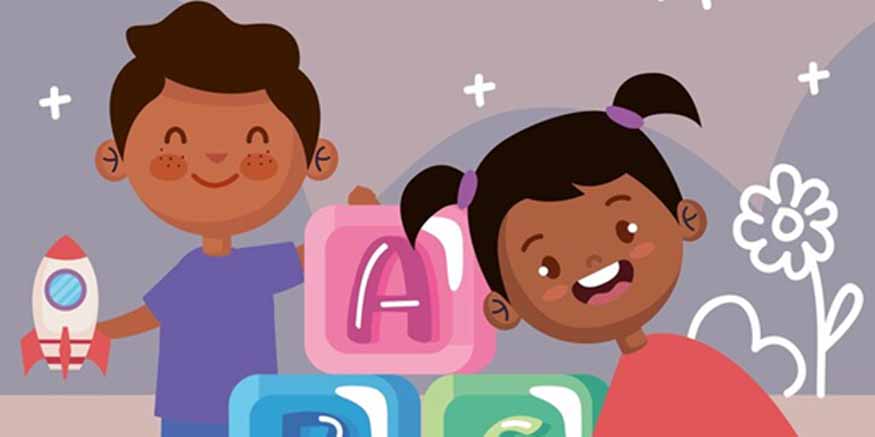
Early childhood education focuses on promoting cognitive, social, and emotional growth through fun and interactive activities. Yet, some families struggle to find quality education due to high costs, limited options, and inconsistent program quality. Teachers also encounter challenges, including scarce resources, diverse student needs, and behavioral concerns.
At Mother’s Pet Kindergarten, we create a nurturing space that encourages early learning and development, laying a solid groundwork for future academic achievement. We provide support and resources to help children get ready for their educational path.
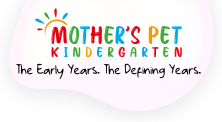
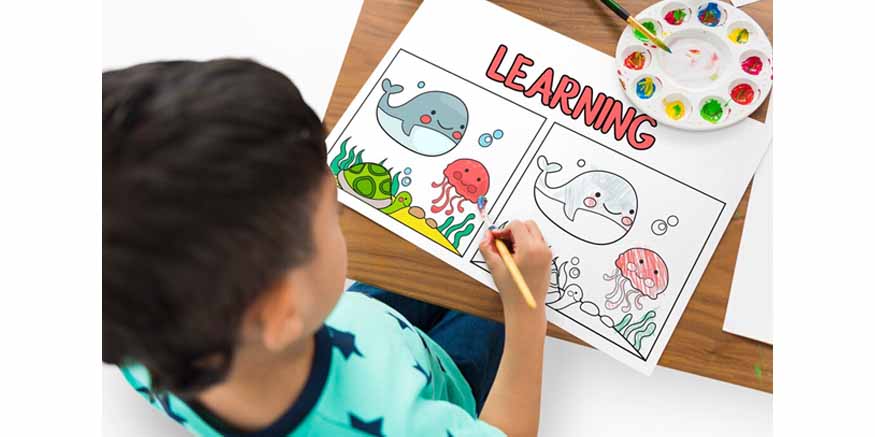

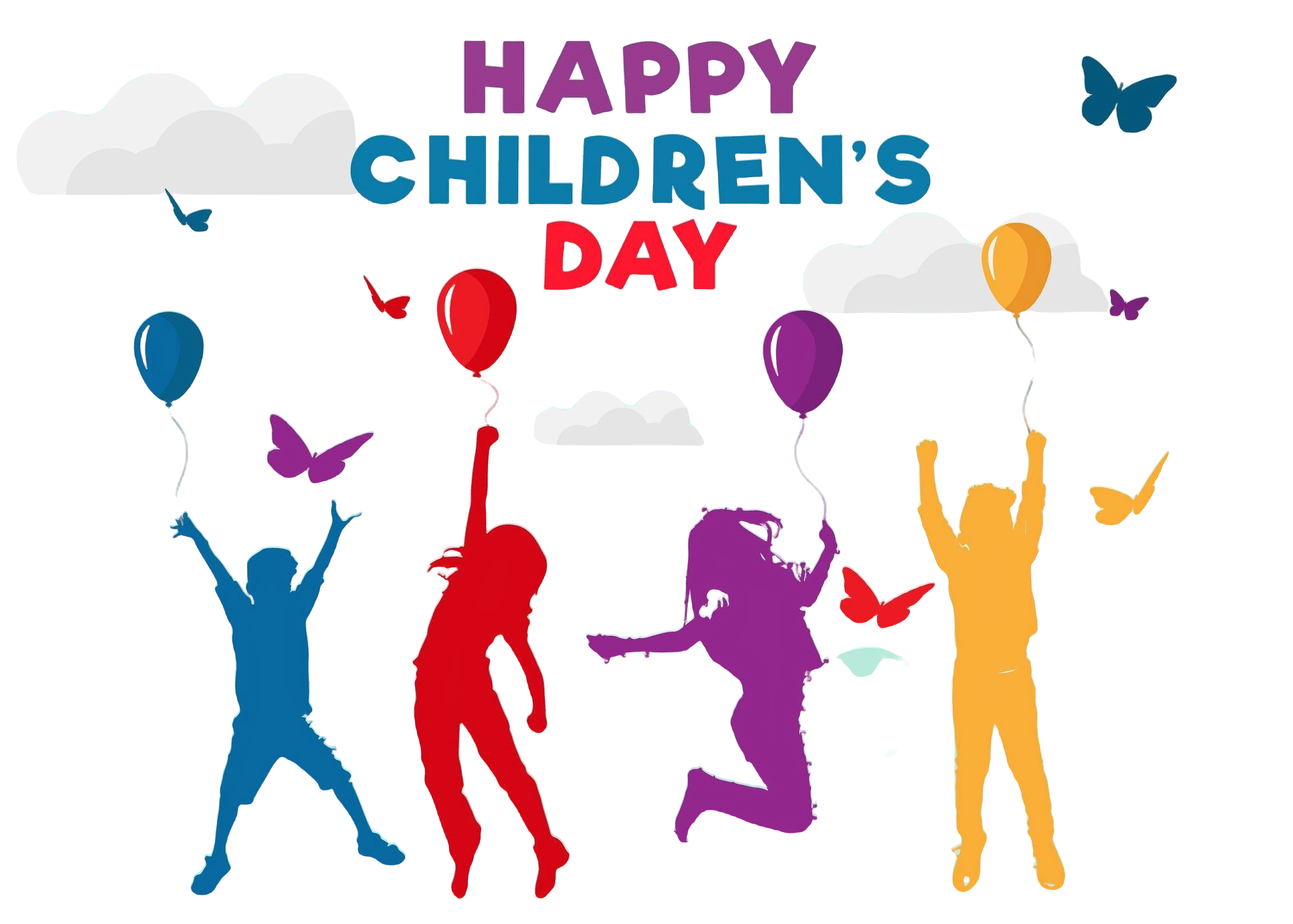



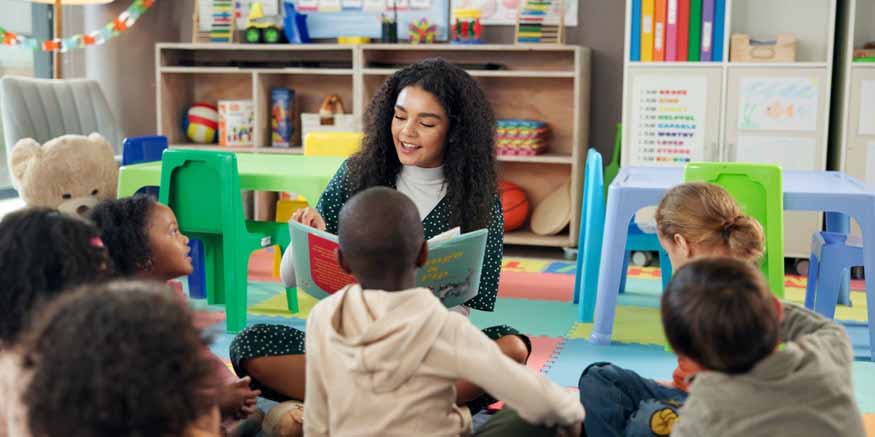



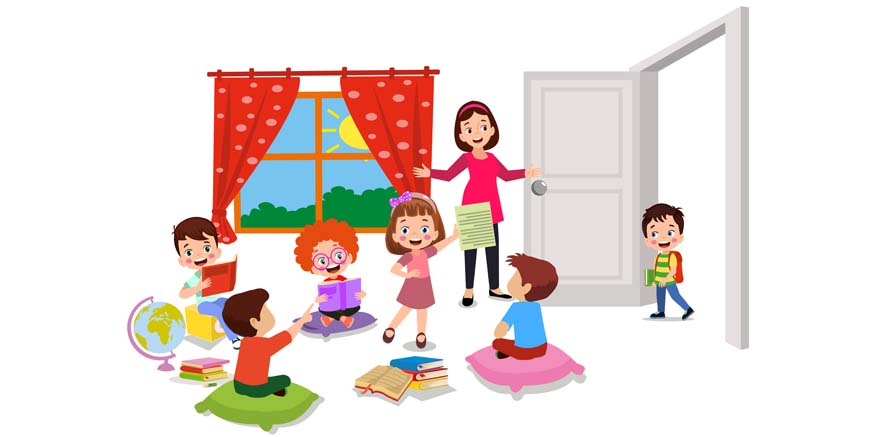

Recent Comments